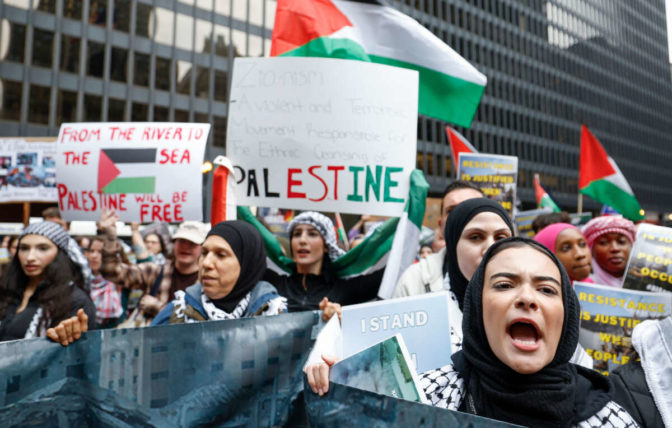
 "
"

 "
"

The issue of perceived censorship against Muslim voices addressing the Gaza crisis is indicative of broader challenges in digital discourse. Muslims worldwide, deeply connected by a shared faith, often feel a responsibility to raise awareness about humanitarian issues affecting their brethren, such as the ongoing crisis in Gaza.
Muslim voices play a crucial role in shedding light on the complexities of the situation, presenting perspectives that might be overlooked in mainstream narratives. The power of social media as a tool for activism and awareness is significant, allowing individuals to share personal stories, news updates, and advocacy efforts globally.
However, the reported censorship raises concerns about the limitation of this digital space for certain narratives. Muslims expressing solidarity with Gaza may find their content flagged or suppressed, impacting the reach and influence of their messages. This not only hampers the individual voices but also affects the broader understanding of the Gaza crisis within the global community.
In considering the idea of creating dedicated social media platforms for Muslims, there’s a recognition of the unique challenges faced by this community. The Gaza crisis, deeply intertwined with political, historical, and religious factors, requires nuanced discussions that may not always align with mainstream narratives. Creating a platform that fosters open dialogue, free from perceived biases, could serve as a space for authentic and diverse Muslim perspectives.
Muslim voices for Gaza encompass a spectrum of opinions, from calls for humanitarian aid to passionate pleas for political intervention. Social media becomes a catalyst for mobilization, allowing Muslims to unite, share information, and engage in activism collectively. It serves as a platform to challenge misconceptions, counter disinformation, and humanize the experiences of those affected by the crisis.
The question of when Muslims should consider having their own social media platforms hinges on a delicate balance. While having dedicated spaces ensures a more secure environment for expressing opinions. In essence, the amplification of Muslim voices for Gaza on social media is a crucial aspect of raising awareness and mobilizing support. The challenges faced highlight the need for a nuanced approach, where Muslims can both engage within existing platforms and, if necessary, explore options for spaces that ensure their voices are heard authentically and without undue restrictions.